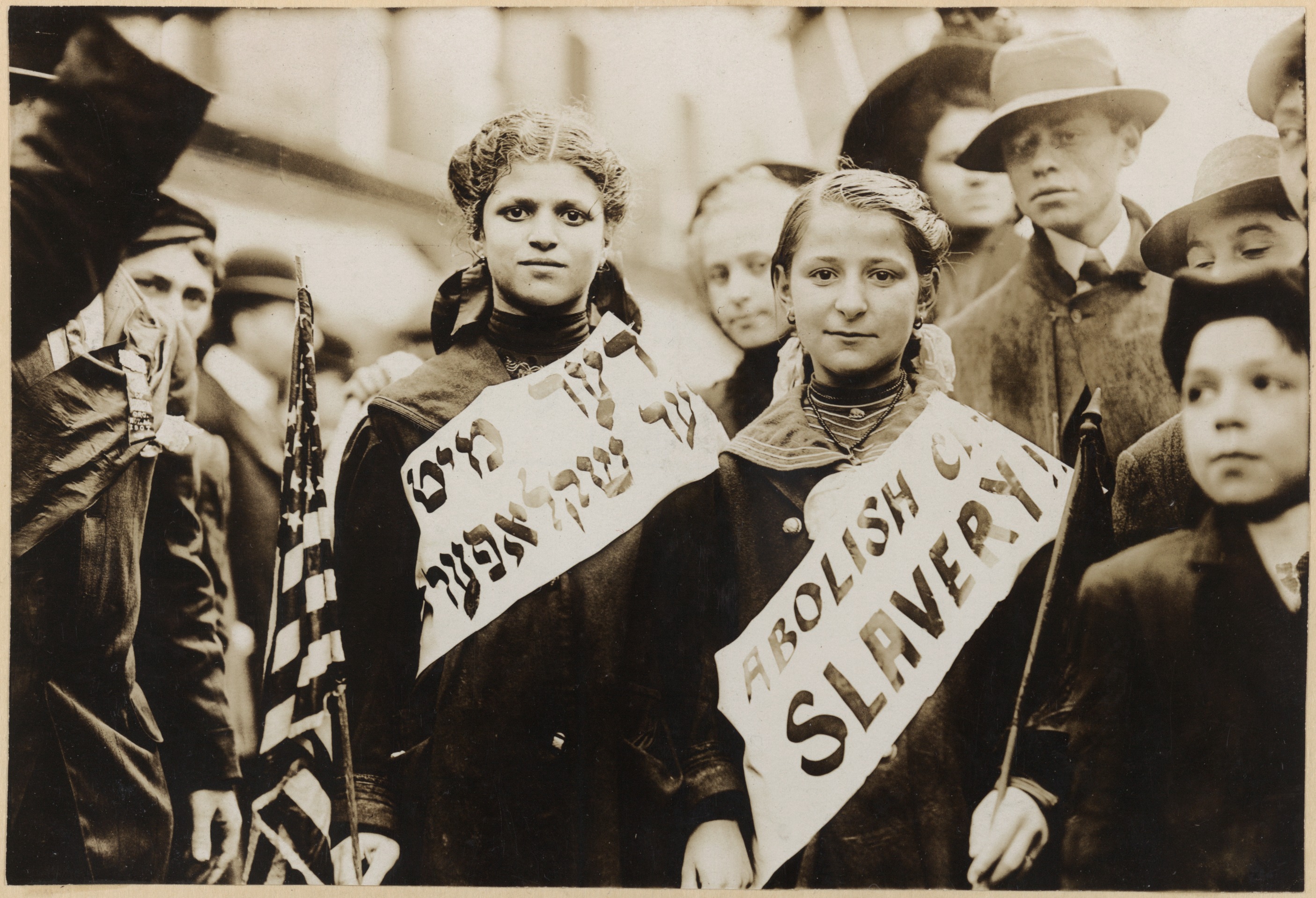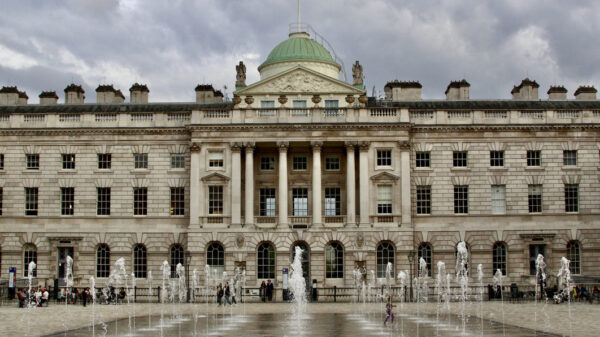Roar writer Anne Andersen puts modern slavery on the agenda, something which, according to her, policymakers fail to do.Â

Numerous attempts have been made at defining and encapsulating exactly what slavery was, what it is and how accounts of the past contra those of today are independent fields. Mainstream accounts of contemporary slavery tend to take their starting point in the anti-slavery movement of the past, where it was the vocation of the ‘great emancipators’ to abolish the unethical and immoral chattel slavery.
It was a Western undertaking that celebrated the success of the civilizing mission, rather than a human rights affair seeking to achieve equality.
This narrative has dominated since then, even after the global abolition, and so the issues of today’s slavery are hugely neglected and the focus is on the circumstances rather than the prevention of it. The transatlantic slave trade is considered unique due to its duration, its victims and the legitimization of it. This traditional form of slavery is said to be one of the greatest tragedies of humanity and yet, despite the global de jure abolition of slavery taking place throughout the twentieth century, de facto practices of slavery still very much exist.
Slavery has not been abolished
With the abolition, slaves went from being owned properties with certain rights and duties, as devised in the Code noir, to being disposable tools that are easily replaceable, deeply exploited and in a milieu of crime and corruption, where human rights laws, and even domestic laws, struggle to protect them. With scholars recognising and reaching this sort of consensus on what slavery was versus what it is, and with international and domestic laws expanding their reach, how come it is still so present and insufficiently combatted?
Looking at the case of the United Kingdom, where Theresa May as recently as 2015 had the Modern Slavery Act implemented, we see that the antislavery battle may well be mere window dressing for the purpose of radiating humanitarian sentiments and pioneering efforts for international recognition. Despite it being the ‘great human rights issue of our time’, it is clear that this Act clashes with the neo-nationalist ideology that currently circulates in Europe and that the mission is de-prioritised and strongly neglected in favour of political agendas.
Slavery has not been abolished. It has certainly not decreased in scope. It has changed in its forms and while the criminalization of it has solidified the immorality of it in theory, it has failed to do so in practice. Instead, this means that it now happens under the radar, as seen in the case of Europe, where an estimated 90% of slavery is undetected.
Covert and intangible
So if accounts of then and today both describe human rights tragedies and if slavery overall still rests on certain similar criteria, then why are accounts of historical slavery versus those of today considered independent fields? Are they really that independent or is it merely rhetoric disguising self-serving agendas of today’s states? Should we follow the ‘catch-all’ approach, suggesting that slavery covers all acts that deprive the victim of liberty regardless of the purpose? Is it disrespectful to use the term about today’s issues, since it only belongs to the atrocities of the past, as suggested by scholars like Orlando Patterson? Or is slavery simply dependent on the presence of dolus specialis by the perpetrator?
It seems that the formal abolition of slavery marked the shift from slavery being overt and apprehensible to being covert and nearly intangible. This, however, does not mean that it does not exist; it simply means that the ways and forms have changed. The debates on what slavery is and what it was have led to an increased focus on the issue, yet, due to states’ self-interests, humanitarian efforts seem to be prioritised only in theoretical and political manners, not in practice. This also explains why multiple laws – domestic and international – have been implemented; they show commitment and good-heartedness, but the desire and ability to actually enforce them seem out of reach.
Like with so many contemporary issues, other agendas take priority over modern slavery, blinkers are put on and action hits a standstill. This makes the account and prevention of slavery a path of neither progress nor regress.

















